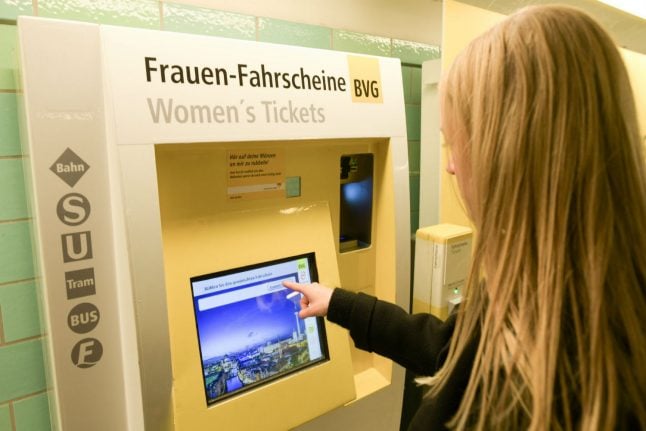Remuneration for executives rose an average of 18 percent between 2011 and 2014 at three-quarters of major companies, Travail.Suisse said on Monday when it released its 11th annual report on management pay.
The hike in wages for those at the top came in spite of the Minder initiative, approved by voters in 2013, that was designed to curb excessive executive pay.
“The massive approval of the Minder initiative has not prevented the increase in salaries for top managers,” Jacques-André Maire, vice-president of Travail.Suisse told a press conference in Bern.
While some salaries have been reduced, pay levels generally continue at an extremely high level compared to what the lowest paid earn, the organization said.
The ten highest paid executives earned more than five million francs last year
The greatest pay gap last year was at Roche, the pharmaceutical giant, where outgoing chairman Franz Humer earned 15.38 million francs, 253 times as much as the lowest paid worker (61,000 francs a year) at the Basel-based company.
Roche’s CEO Severin Schwan earned 230 times as much as employees at the bottom, according to the Travail.Suisse figures.
Other executives with a pay ratio fo more than 200 to one included UBS CEO Sergio Ermotti (223 to one), Nestlé CEO Paul Bulcke (218 to one) and Novartis CEO Joseph Jiminez (208 to one).
Travail Suisse listed 37 executives with pay ratios of more than 100 to one, with 11 of them working at UBS, Switzerland’s largest bank, and another 11 at Credit Suisse, the second biggest bank.
Top managers from such companies as ABB, Swatch, Lindt & Sprüngli and Zurich Insurance also figured in the list.
Contacted by news agency ATS, the Swiss Employers Association declined to comment on the figures released by Travail.Suisse.
The association, instead, referred to official statistics that show the differences between the highest and lowest salaries have moderated in Switzerland compared to other countries.
Travail.Suisse’s report analyzed salaries at 27 large Swiss companies from publicly available data.




 Please whitelist us to continue reading.
Please whitelist us to continue reading.
Member comments